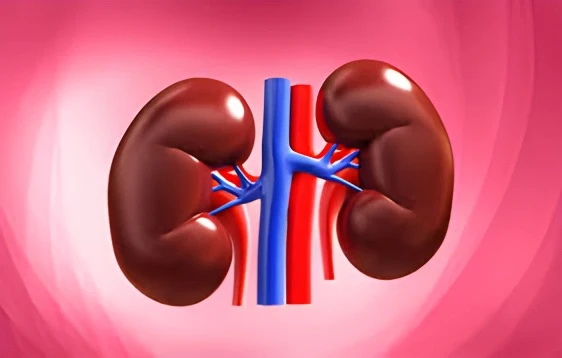Islamabad: Experts are raising awareness about night blindness, a condition where individuals struggle to see in dim light or at night. Known medically as nyctalopia, night blindness can have several causes, both treatable and untreatable.
According to doctors, the condition may result from nearsightedness, cataracts, vitamin A deficiency, or genetic disorders. While cases caused by vitamin A deficiency or cataracts can often be treated with diet changes, supplements, or surgery, genetic forms remain incurable. Rod cells in the eye, which detect light, depend on a pigment called rhodopsin that requires vitamin A.
In people with deficiencies—often due to intestinal inflammation, liver disease, or poor diet—rhodopsin production drops, impairing low-light vision. Common symptoms include glare, halos, and starbursts during night driving. LASIK surgery and glaucoma can also cause or worsen the condition.
Treatments vary, from eyeglasses for nearsightedness to lens replacement for cataracts. However, prevention is key. Doctors recommend a vitamin A-rich diet, including sweet potatoes, pumpkins, carrots, and mangoes. While night blindness from genetics cannot be stopped, regular eye checks and a healthy diet can reduce the risk in most other cases.








